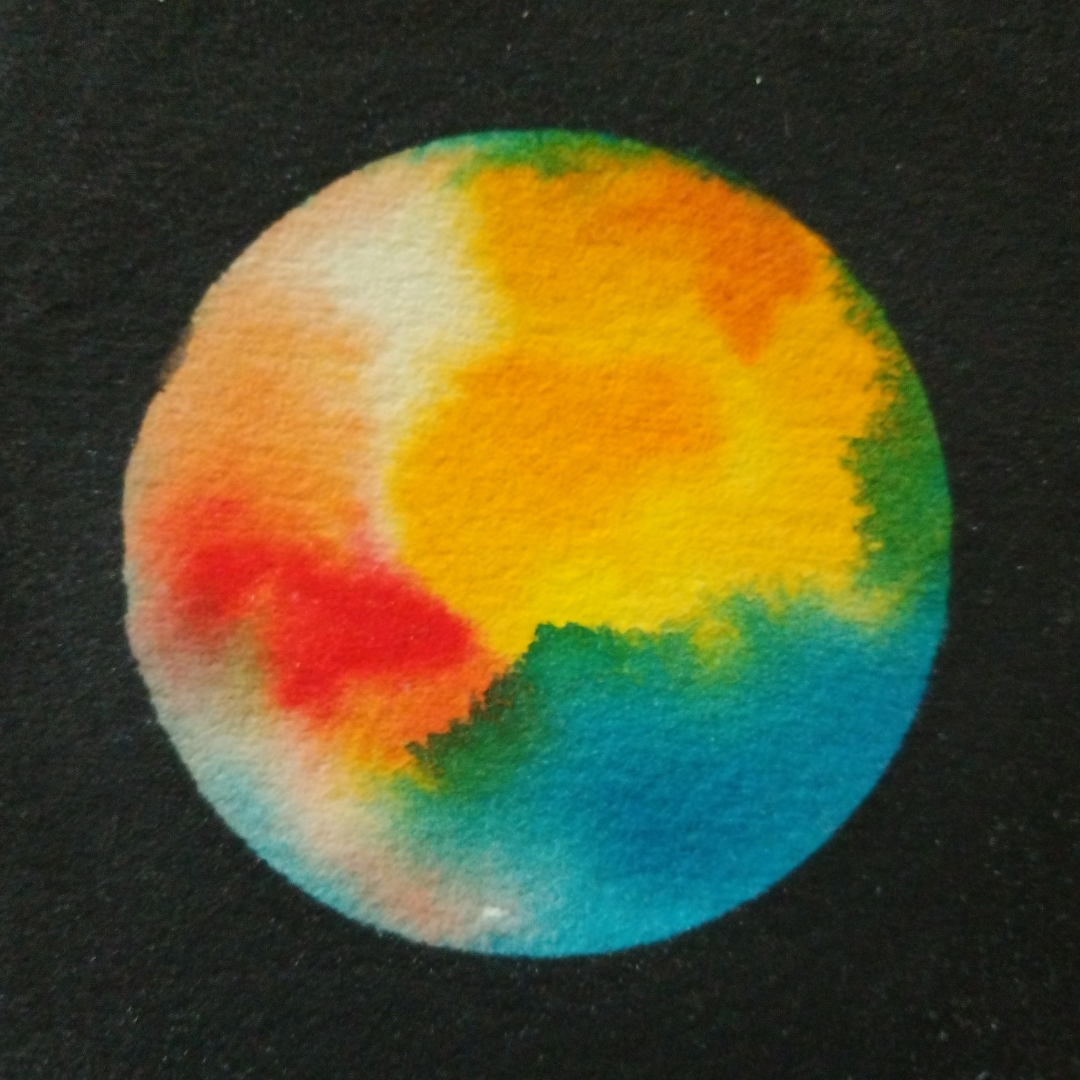Today is the day I announce that I’ve published my first online course!
Understanding the Essential Nature of Systems of Oppression is a four-part course including nearly four hours of video content that you can access for free anytime on my website.
In this newsletter, I’d love to tell you more about this course, why I created it, and what I think some of its implications are.
Understanding the Essential Nature of Systems of Oppression seeks to address two essential questions:
- What is the essential nature of systems of oppression?
- Why do they exist?
The course is based on the assumption that the more we can understand exactly what these systems are and why humans create them, the more able we will be to ultimately transcend them.

The ideas in this course have come out of ten years of research and five years of leading workshops and teaching about some of these ideas. It represents the most concise way I could come up with (for now) to share the theory that grounds my anti-oppression work.
Why Did I Create This Course?
There are two main reasons I created this course.
My first reason has to do with my desire to articulate a compelling theory as to why systems of oppression exist. I’ve spent most of my life involved with anti-oppression work, and I’ve rarely heard satisfying explanations to this question - i.e. explanations that go beyond pessimistic attitudes about human nature.
The unsatisfying assumptions I often hear sound something like…
“Systems of oppression exist because some individuals, some groups (or maybe even humanity itself) are just lazy, crazy, stupid, greedy, or evil. Humans wouldn’t participate in these systems if they cared; if they were sane; if they were smart; if they were generous; if they were good… In other words - if they had any humanity.”
But these assumptions create an untenable double bind.
Humans are either inherently bad - or some humans are inherently good and others are inherently bad. I think both of these ideas support a familiar theater for the continuation of thousands of years of systemic conflict.
I’m not saying everyone sees it this way. But I do think these assumptions are prevalent, whether they’re conscious or not. And I think they are themselves part of the system of oppression (something I call the deep operating system). They can even operate behind the scenes of anti-oppression efforts - kind of like a spy behind enemy lines - limiting our possibilities for change.
Systems of oppression are extraordinarily real, psychopathically violent, and they need to end as soon as possible. At the same time, I think it’s extremely important to understand that they are not an inherent or unchangeable part of human nature. There are a number of reasons it’s important to understand this, but I want to highlight just one here:
The more we can understand how NOT part of human nature these systems are, the more we can see how very possible it is for them to end. Their continuation relies in part on the idea that it is either not possible to end them or unimaginably difficult.
My second main reason for creating this course is that I want to see three topics that I think are extremely involved with systems of oppression more clearly connected to them: addiction, trauma, and physics. These three topics serve as the basis for the course modules:
- Addiction and Oppression; Liberation and Recovery
- The Deep Operating System (Trauma)
- Quantum Physics and the End of Systems of Oppression
What’s the Thesis of This Course?
Exactly what is the nature of systems of oppression, and why do they exist? Well, this is where I tell you the four-part thesis that my course is organized around.
I believe that…
- Systems of oppression can be understood as arising out of a single system that is actually a collective, generational, and increasingly globalized trauma response that has been externalized into our political, legal, economic, and cultural systems.
- This single system is formed, in its deepest place, around core beliefs about the nature of our universe and ourselves (aka a particular worldview or cosmology). The system creates experiences for us that encourage our commitment to that worldview.
- While it’s often experienced as a system of oppression, it functions as a system of energetic extraction that is driven by patterns of addiction.
- Because the system is a trauma response that also creates trauma, it is self-replicating. In other words, it has developed the means by which to create the trauma that feeds it. The effects of its work create its own fuel.
There’s a lot to unpack in that thesis, and you’ll want to check out the course for all of the details. But my main point is that systems of oppression exist not only because of trauma - but that they actually exist as a trauma response that is itself highly addictive. As actors within the system, we (in our own way) are targeted as participants in an addictive pattern that keeps the system going.
What Are the Implications?
I believe the implications of this perspective include the following ideas:
- When we’re working to end systems of oppression, we’re working with both trauma and addiction. The more we know about these phenomena (starting with how they show up in ourselves), the more effective, sustainable and authentic our anti-oppression work will be.
- Because the organizing principle of trauma is disconnection, it’s important to ask ourselves whether the anti-oppression actions we’re taking are part of a long-term strategy leading toward greater connection - greater connection with ourselves, with each other, and with our earth.
- Part of anti-oppression work involves the ongoing development of an updated worldview for our species. I believe indigenous cosmologies, quantum physics, trauma studies, and ancient wisdom traditions have a lot to offer to this project.
What’s Next?
It’s hard to express what it feels like to finally publish something like this. As you might imagine, there’s a lot to consider when coming out with something like this as a white male. And there is lots of complexity in my choice to make this course free. My greatest hope is that this work offers something valuable to people who’ve dedicated some portion of their lives to transcending systems of oppression.
I’m working toward a free course on personal transformation that I hope will be available by the beginning of September. As I’ll explain in that course, I think the fundamental principles of personal transformation are the same as those needed for transcending systems of oppression. The only thing that’s different is the scale of application.
As you know, this work is related to the way I make a living. If you appreciate this work, and you know of individuals or organizations who would be excited to work with me, I’d be so grateful if you could share my work with them.
I offer one-on-one work for individuals, and I also offer tailored trainings and facilitation for organizations and teams.
Any of the modules in my Understanding the Essential Nature of Systems of Oppression course can be adapted to serve the basis for trainings that last anywhere between 2 hours and 2 days for a community, organization, or school. I also offer one-on-one coaching to support those interested in applying their learnings from the course to their anti-oppression work.
Thank you so much for reading all the way to the end of this newsletter. I know it was a dense one.
Please feel free to reach out with any comments or questions at james.boutin@mailfence.com. It always means a lot to hear from you.
Lots of LOVE,
James
www.jamesboutin.com
P.S. If someone forwarded you this newsletter, and you’d like to subscribe to receive updates about my work, click here.
